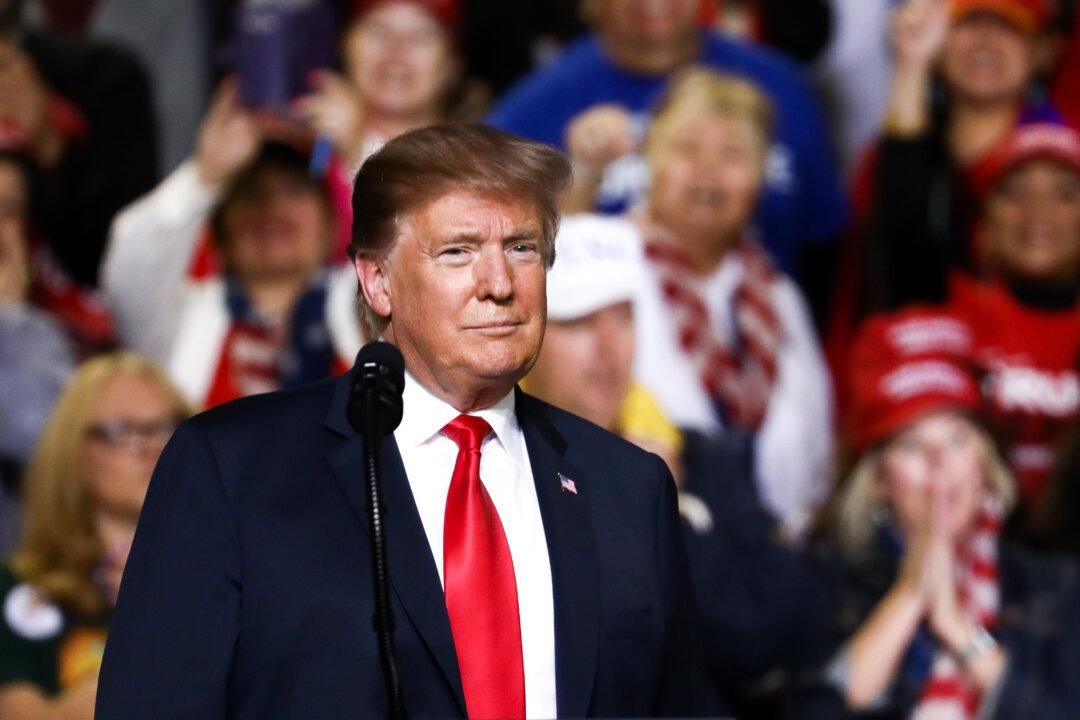President Donald Trump said that California should return the $3.5 billion it spent on a bullet train project that appeared to be abandoned by new Gov. Gavin Newsom.
“California has been forced to cancel the massive bullet train project after having spent and wasted many billions of dollars. They owe the Federal Government three and a half billion dollars,” Trump wrote on Twitter on Feb. 13.





